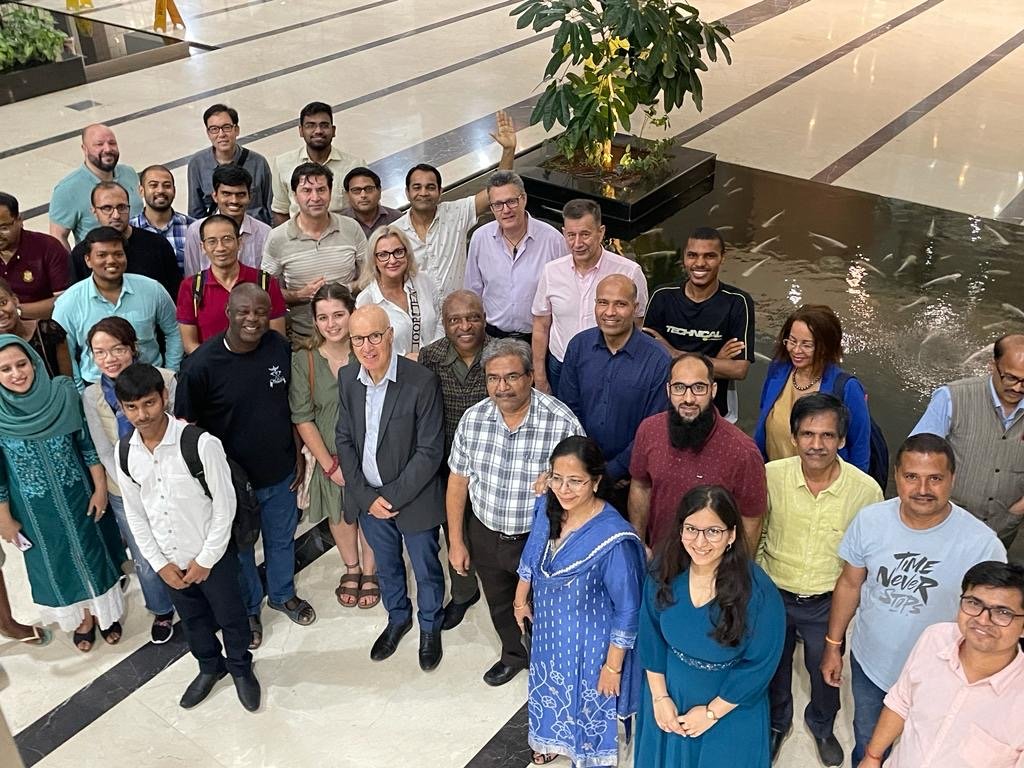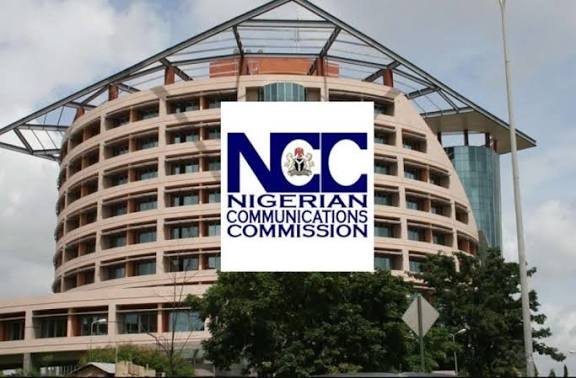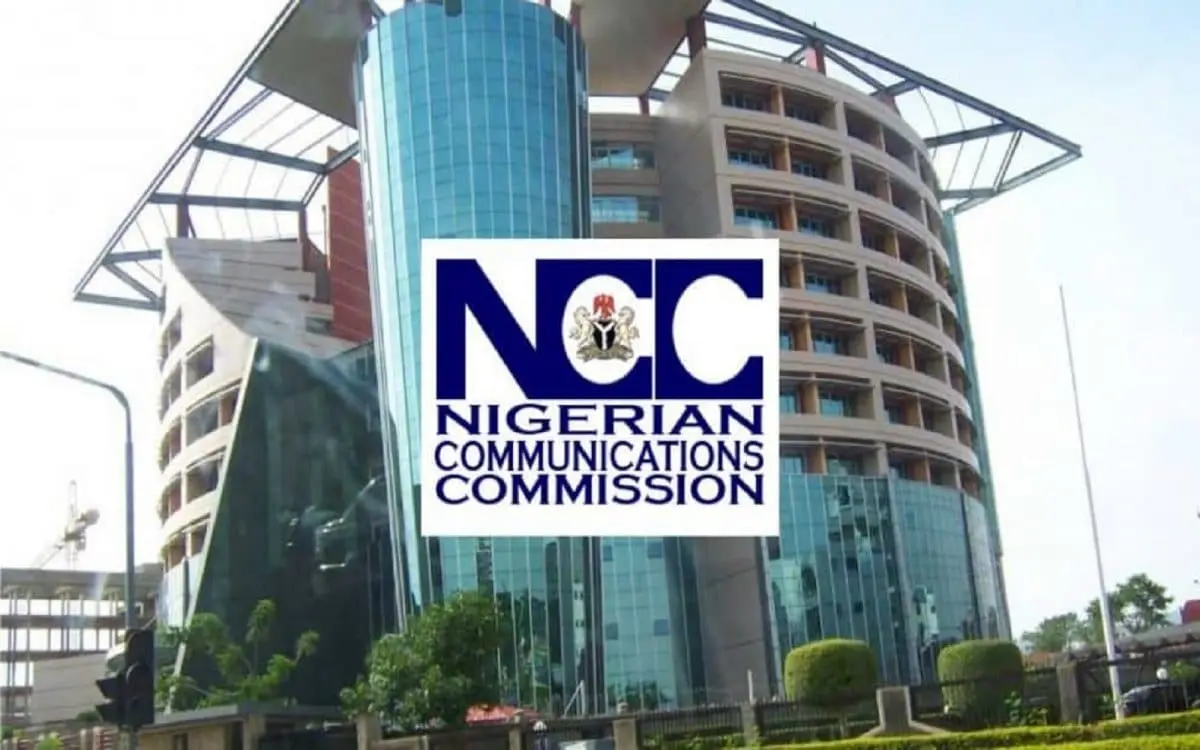By Eyo Nsima
Prof. Hilary I. Inyang, a Visiting Professor, Department of Civil Engineering, Indian Institute of Technology, Bombay (IIT-B), Mumbai, India; and Founding Chairman and Distinguished Professor, Global Institute for Sustainable Development, Advanced Analyses and Design (GISDAAD), Concord, North Carolina, USA, has made a presentation on Approaches to Contaminated Site Remediation at the Indian Institute of Technology, Bombay, Mumbai, India.
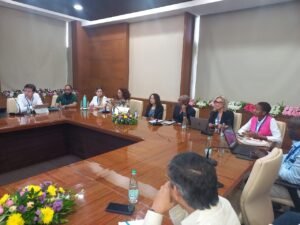
Prof. Inyang, who was hosted by Prof. Devendra Singh, D.L. Shah Chair Professor for Innovation, Department of Civil Engineering, Geotechnical Engineering Division, Indian Institute of Technology, Bombay, India; made the presentation as part of his contributions, targeted at expanding the capacities of experts toward enhancing remediation of contamination sites in India.
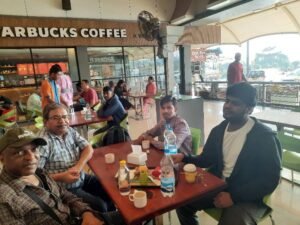
He and other experts also made some expeditions, including a 400-mile expedition through Indian villages and small towns to a slope stabilization site at Nashik, Maharastra, the site Prof. Inyang described as “one of the most naturally beautiful terrains that I have ever visited: beautiful plateaus with lush green vegetation. Highly trafficked, winding roads lead up to a popular Hindi temple”, adding “There are dangerous Rockwalls that need to be stabilized”.
Abstract
In the abstract of the presentation obtained by The Daily, www.thedaily-ng.com, Prof. Inyang, stated: “As a consequence of industrialization and increase in population in many global regions, contamination of soil and groundwater resources has become prevalent. Among such sites are those created by mining operations, chemical processing plants, leaching from solid waste heaps, contaminated sediments and numerous factories.
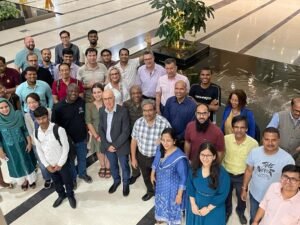
“Heavy metals, organic compounds and radioactive materials of various toxicities contaminate surface and sub-surface geomedia as well as groundwater in many locations, thereby, posing serious ecological and human health risks. Many States in India exemplified by Maharashtra, Kerala, Odisha, Tamil Nadu, Uttar Pradesh, West Bengal, and Madhya Pradesh, have numerous contaminated sites. The Indian Ministry of Environment (MEF, 2015) has classified contaminated sites under the following categories with a view to designing management and contaminant control systems: landbound solid phase contamination (Type S1); water-bound sediment/solid phase contamination (Type S2); land-bound liquid phase contamination (Type L); NAPL contaminants in soil (Type P1); and groundwater contaminations (Type P2).
“A systematic approach to the management of contaminated site must involve contaminate site characterization, assessment of risks, and selection of appropriate technologies for implementation of cleanup projects. Most of the current and evolving techniques involve physico-chemical and biological principles, some of which need to be further fine-tuned to deal with the ever-increasing complexity of load and diversity of contaminants. In this lecture, the speaker will cover the scientific basis of high-utility treatment techniques with a view to broader applications in the management of contaminated sites in India.”
Prof Inyang was also involved in other activities, including the chairing of the opening ceremony at the international meeting of geoenvironmental science delegates in Mumbai, India on December 4, 2023, before embarking a 400-mile expedition through Indian villages and small towns to a slope stabilization site Nashik, Maharastra, India on Tuesday, December 11, 2023.
Profile
According to his profile, “Prof. Hilary I. Inyang has had a diversified career as an educator, administrator, researcher, corporate leader and field expeditionist during the past 30 years. He has completed his role as US Ambassador’s Distinguished Scholar to Ethiopia with a base at Bahir Dar University (after initially serving at the University of Gondar) in Ethiopia. He currently serves as the Founding Chairman of the Global Institute for Sustainable Development, Advanced Analyses and Design (GISDAAD) that is headquartered in Charlotte, Concord, North Carolina, USA as well as a Visiting Professor of Geoenvironmental Engineering at the Indian Institute of Technology-Bombay (IIT-B), Mumbai, India, following a recent role as a Visiting International Research Fellow at South Africa’s Human Sciences Research Council (HSRC). He is a member of the Education Caucus of the United Nations Commission on Sustainable Development and served for two terms (1997-2001) as Chair of the Science Advisory Board (Engineering Committee) of USEPA in Washington DC, USA.
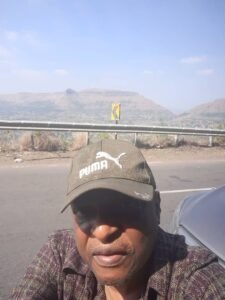
“He is a former Duke Energy Distinguished Professor and Director of the Global Institute of Energy and Environmental Systems of the University of North Carolina, Charlotte, USA, former DuPont Professor of Environmental Engineering and Science, and Director of CEEST, University of Massachusetts, Lowell, USA, former President of the African University of Science and Technology, Abuja, Nigeria, and former Vice Chancellor of the Botswana International University of Science and Technology.
“He chaired the Steering Committee of the Africa Science Plans under the auspices of the International Council for Science, UNESCO and the United Nations Economic Commission for Africa. He has been a UNESCO Consultant on Water Security. He has performed field research expeditions in numerous countries e.g. China, Siberia (Russia), Brazilian Minas Gerais Region and Slovenia on mining, Alaska and Nigeria on climate change and oil spills, Japan, Finland and Korea on waste management, Taiwan and Canada on rock fragmentation, and Switzerland, Germany and Italy on science policy.
“He has won numerous research grants from several agencies, including the US National Research Foundation, Sandia National Laboratories (USA), General Electric Corporation, US Environmental Protection Agency, United Nations Development Program (UNDP) and the African Development Bank. He has won more than 20 professional prizes and is a former AAAS/USEPA Environmental Science and Engineering Fellow, US National Research Council Young Investigator and Eisenhower/Randolph Fellow.
“Prof. Inyang holds a Ph.D. (1989) with a double major in Geotechnical Engineering and Materials, and a minor in Mineral Resources from Iowa State University, Ames, Iowa; an M.S. (1986) and B.S (1985). in Civil Engineering from North Dakota State University, Fargo, North Dakota, USA; and a B.Sc. (Honors) (1981) in Geology from the University of Calabar, Nigeria. He has authored about 290 publications and served on 29 journal editorial boards. He won the 2013 Nigerian National Order of Merit (NNOM) in science and technology and is a Fellow of both the African Academy of Science and the Geological Society of London. Prof. Inyang is a Proost Poet who is currently completing a 10-year long BrownBard Poetry Series, comprising more than 8,000 poems in 50 books to be released in 2025 as the most profound poetry series ever attempted.”
IIT Bombay, India
In a brief obtained from its website, the institution stated that, “Established in 1958, the second of its kind, IIT Bombay was the first to be set up with foreign assistance. The funds from UNESCO came as Roubles from the then Soviet Union. In 1961 Parliament decreed the IITs as ‘Institutes of National Importance’. Since then, IITB has grown from strength to strength to emerge as one of the top technical universities in the world.
“The institute is recognised worldwide as a leader in the field of engineering education and research. Reputed for the outstanding calibre of students graduating from its undergraduate and postgraduate programmes, the institute attracts the best students from the country for its bachelor’s, master’s and doctoral programmes. Research and academic programmes at IIT Bombay are driven by an outstanding faculty, many of whom are reputed for their research contributions internationally.
“IIT Bombay also builds links with peer universities and institutes, both at the national and the international levels, to enhance research and enrich its educational programmes. The alumni have distinguished themselves through their achievements in and contributions to industry, academics, research, business, government and social domains. The institute continues to work closely with the alumni to enhance its activities through interactions in academic and research programmes as well as to mobilise financial support.
“Over the years, the institute has created a niche for its innovative short-term courses through continuing education and distance education programmes. Members of the faculty of the institute have won many prestigious awards and recognitions, including the Shanti Swaroop Bhatnagar and Padma awards.
“Located in Powai, one of the northern suburbs of Mumbai, the residents of the institute reap the advantage of being in the busy financial capital of India, while at the same time enjoying the serenity of a campus known for its natural beauty. A fully residential institute, all its students are accommodated in its 15 hostels with in-house dining; the campus also provides excellent amenities for sports and other recreational facilities.”


